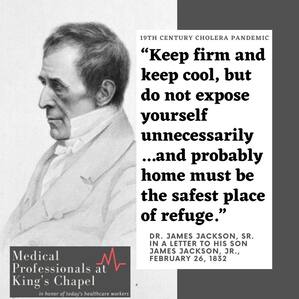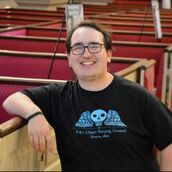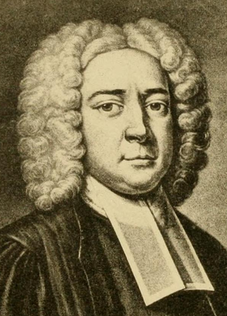Compiled by Jennifer Roesch using research by Faye CharpentierThe King’s Chapel History Program is committed to continuing to include the voices of African Americans and other historically marginalized people in their interpretation and tours. When visiting the chapel, we encourage visitors to engage with these primary sources featuring these African Americans, beyond the historic site's Black History Month programming. This February in honor of Black History Month, the King’s Chapel History Program shared with visitors the stories of some of our 18th and 19th century African American congregants. Inside the sanctuary and on social media, visitors explored how primary sources have informed our research and made it possible to learn about historically marginalized people through church and other archival records. African Americans have been marginalized throughout history not only through their omission in history books, but also through the lack of information found in archives. Thanks to the growing effort to digitize records as well as finding materials related to African American history, we have been able to begin to learn about the various lives of African Americans at King’s Chapel.
Here are some of the people we highlighted this month who had ties to 18th and 19th century King’s Chapel:
1 Comment
 As the King's Chapel History Program continues to work remotely during the COVID-19 pandemic, please visit our social media to read the latest post in our "Medical Professionals at King's Chapel" series. Today's post, researched and written by Program Assistant Jennifer Roesch, focuses on the medical career and legacy of church member Dr. James Jackson, a founder of Massachusetts General Hospital. Be sure to check back for future social media updates and new blog posts to dig deeper into King's Chapel history while the building is physically closed. Click on the social media logos below to view each post! By William StilwellHistoric Site Educator  Each year in Boston, March 17 not only marks St. Patrick’s Day, but also Evacuation Day: the anniversary of the 1776 day when British troops evacuated Boston, marking the end of the Siege of Boston during the American Revolution. Historic Site Educator William Stilwell explores the impact of Evacuation Day on King’s Chapel as a faith community and how its ministers reflected on that period in the church’s history. “Continue...thy favour to our sovereign lord King George, and all that are employed under him...Let no unhappy divisions disquiet his reign, or interrupt the internal harmony of his government.”  The Reverend Henry Caner The Reverend Henry Caner The Reverend Henry Caner spoke these words as part of a short prayer before his sermon, “The Great Blessing of Stable Times”, on August 11, 1763 at King’s Chapel to celebrate the end of the French and Indian War. Despite his optimistic words, thirteen years later in March of 1776 he would flee Boston without much more than the clothes on his back, leaving behind his congregation of nearly thirty years, never to return. As the King’s troops evacuated Boston, Caner and almost every other civilian loyal to the crown, including some from his own congregation, faced the gut-wrenching decision to disrupt their lives and abandon their homes as the Continental Army besieged Boston. |
King's Chapel History ProgramDive deeper into King's Chapel's 337 year history on the History Program blog. Archives
July 2023
Categories
All
|



 RSS Feed
RSS Feed